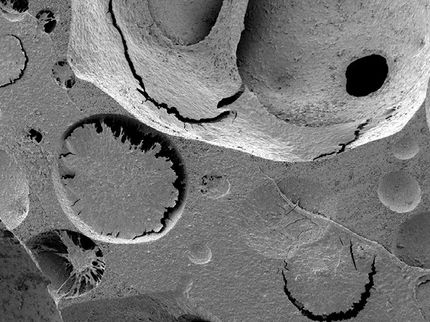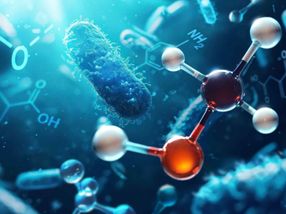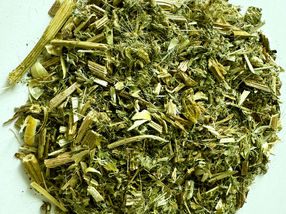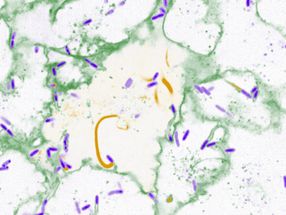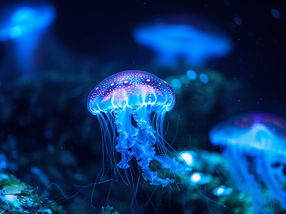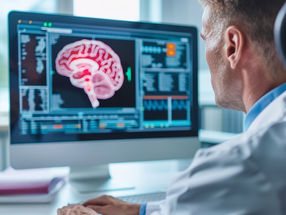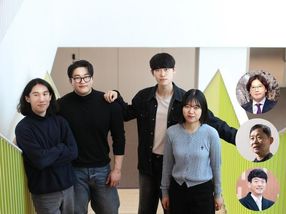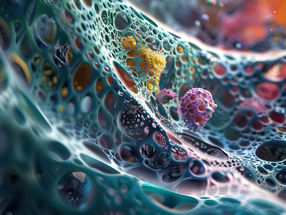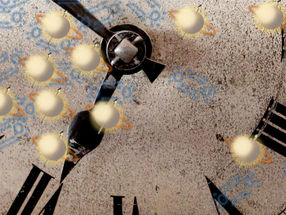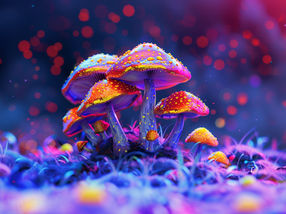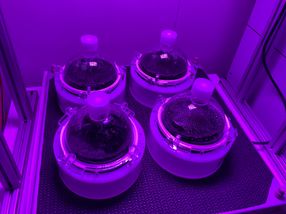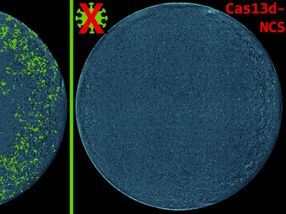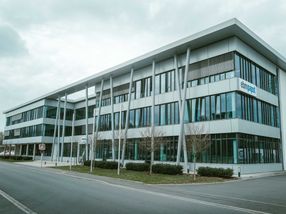Team’s study could pave way to rejection-free adult stem cells
Suppose patient-specific, blood-producing stem cells could be generated in the laboratory, eliminating the need for harvesting bone marrow – or finding a matching donor – for patients needing a bone marrow transplant? A German research team has generated blood-forming stem cells from pluripotent stem cells in the lab without using animal serum, a technique that could pave the way for production of rejection-free adult stem cells. Researchers Bernhard Schiedlmeier and Hannes Klump led the study, which appears in STEM CELLS Translational Medicine.
Pluripotent stem cells can develop into various kinds of cells in the body, such as muscle, blood vessels, and bone cells; however, there are several barriers to culturing adult stem cells in a petri dish. It has been especially difficult to generate blood stem cells in the lab without using animal serum, which can carry viruses that interfere with cell reproduction and create other complications.
Schiedlmeier and Klump used mouse embryonic stem cells to grow blood-forming stem cells in low-oxygen conditions in the lab without using any serum or supportive cells known as stroma. When they transplanted the blood-forming cells into mice, they found the cells were capable of rebuilding the mice’s blood-forming system.
Their discovery means that scientists may eventually be able to create blood stem cells from transplant patients in a lab rather than using stem cells from unrelated donors, avoiding dangerous “graft versus host” reactions.
“If our protocol can be adapted to humans and combined with induced pluripotent stem cell technology, it will open the door to producing adult stem cells that a patient’s body should not reject,” Klump said.
“These researchers have made progress toward the idea of one day using a patient’s own skin cells, or other cell types, to make blood-producing cells in the laboratory,” said Anthony Atala, MD, editor of STEM CELLS Translational Medicine and director of the Wake Forest Institute for Regenerative Medicine. “These findings are important for the translational aspects of using iPS cells.”
Schiedlmeier works in the Department of Experimental Biology at Hannover Medical School and Klump works at the Institute for Transfusion Medicine at University Hospital Essen.
Original publication
“Serum- and stromal cell-free hypoxic generation of embryonic stem cell-derived hematopoietic cells, in vitro, capable of multilineage repopulation of immunocompetent mice,”; STEM CELLS Translational Medicine.
Most read news
Original publication
“Serum- and stromal cell-free hypoxic generation of embryonic stem cell-derived hematopoietic cells, in vitro, capable of multilineage repopulation of immunocompetent mice,”; STEM CELLS Translational Medicine.
Organizations
Other news from the department science

Get the life science industry in your inbox
From now on, don't miss a thing: Our newsletter for biotechnology, pharma and life sciences brings you up to date every Tuesday and Thursday. The latest industry news, product highlights and innovations - compact and easy to understand in your inbox. Researched by us so you don't have to.
